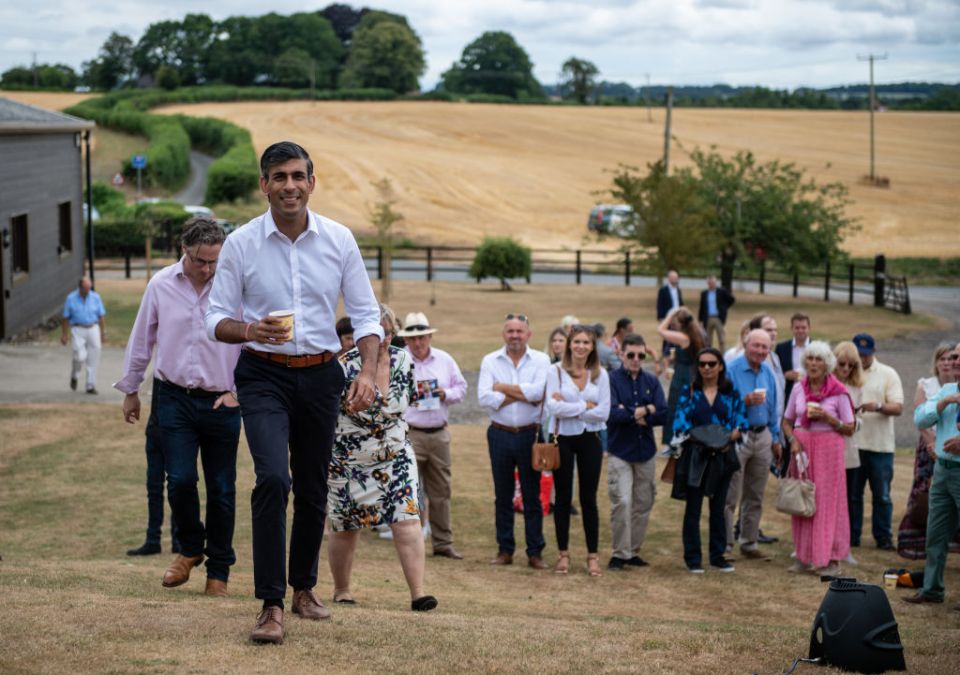Editorial: The next prime minister must put an end to our U-turn habit

Even before he was in the race to be prime minister, one of Rishi Sunak’s slogans was “when the circumstances change, we change”.
He has used this to defend a U-turn on free school meals, a U-turn on a windfall tax, a promised U-turn on scrapping VAT on energy bills and now a fresh reverse ferret on tax cuts, the very thing, he had said, politicians wheel out to tell voters a “comforting fairytale”.
As Sunak faced a gruelling set of Conservative Party hustings across the country, he promised yesterday to cut income tax to 16p within the next seven years, in a move many would have found remarkable had they watched his campaign video of only three weeks ago.
The income tax cut would cost £18bn a year. But the former chancellor insists it is a policy that is “entirely consistent” with his platform of fiscal responsibility to reduce the country’s debt.
We do need a degree of fiscal prudence, we cannot continually put off the problem in the hope of a brighter future and we should not take the threat of rising inflation lightly.
But one of the principles integral for economic growth, for our city and our businesses is certainty.
Under Boris Johnson’s premiership, this was sorely lacking. The outgoing prime minister careened from policy to policy without a clear, guiding force of Conservative values to make sense of his plans and enable businesses to anticipate what might come out of Downing Street next.
U-turns are not just embarrassing, they are bad for the economy. They show a government unable to take a firm hand.
We should be nimble and flexible, as Sunak was when he introduced the furlough scheme and other pandemic-era support measures. This is not the same as indecision or a lack of foresight.
Whoever eventually takes charge of 10 Downing Street should learn one last lesson from Johnson: don’t make promises you can’t keep.
